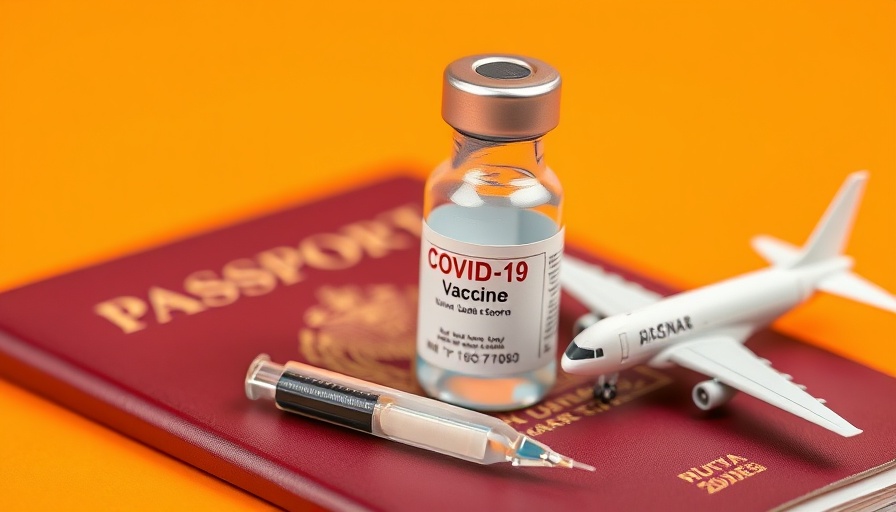
Rethinking Alcohol: A Threat to Brain Health
When it comes to alcohol consumption, many of us hold onto the belief that moderation is safe. However, emerging research challenges this myth, indicating that any amount of alcohol significantly increases the risk of brain damage. A comprehensive study involving over 300,000 participants suggests that drinking alcohol, even at moderate levels, can raise the likelihood of vascular brain lesions by 60% compared to non-drinkers.
The Link Between Alcohol and Dementia
Heavy drinkers face alarming statistics, showing a staggering 133% higher chance of developing brain lesions. These lesions contribute to reduced blood flow in the brain, impairing cognitive function and leading to long-term memory issues. Furthermore, while individuals who have previously quit drinking might feel they have escaped the consequences, studies reveal that their brains still show lasting damage, emphasizing that the effects of alcohol are not just temporary.
Community and Support: The Path to Recovery
Understanding the impact of alcohol on the brain is crucial for our health and wellness communities. Support groups and educational resources can empower individuals to make informed decisions about their alcohol intake. Eliminating alcohol completely can seem daunting, yet many find relief and better brain health through community support.
Taking Action: What You Can Do
The implications of these findings are profound. To foster better brain health, consider reducing or eliminating alcohol from your routine. By addressing underlying issues related to alcohol consumption, joining support groups, and seeking education about the effects of alcohol, you can promote not only your well-being but also encourage a healthier lifestyle within your community.
As we continue to learn about the relationship between alcohol and brain health, we must take proactive steps toward a future where our choices reflect our desire for longevity and cognitive wellness.
 Add Row
Add Row  Add
Add 




Write A Comment